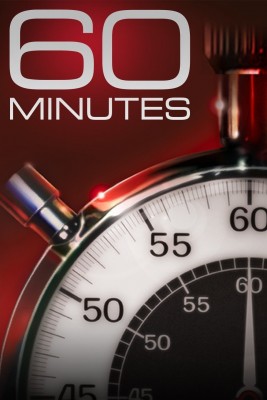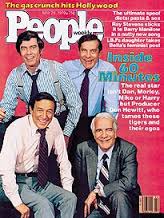24-Hour News is just like heroin.
We pretend we’re informed by it. In reality, we know that each network is a dealer in the drug of outrage. Each provides little information or depth. Instead they concoct a diet of heat, alarm, frenzy. Above all, they provide us a drenching isolation that separates us from our fellow Americans.
One sign of a heroin addict is that he forsakes family, old friends and community to hang out with others who use and sell dope. They talk about dope constantly and don’t understand those who don’t find that topic endlessly fascinating.
That’s what 24-Hour News has done to us, and our body politic. Forced us into little bubbles of people, all of whom think and talk alike and don’t understand anyone in the other bubbles who don’t think and talk like them. We all know this is true.
Which is why I say 24-Hour News is just like heroin.
So this election day, after we vote, let’s do another civic duty: Let’s all turn off 24-hour news, and talk radio, too, for that  matter.
matter.
For good! Just block them all. Easy to do by clicking here. Each station. CNN, FOX, MSNBC, Headline News. The problem is the format, not the network itself.
24-Hour News assumes that every issue has only two sides to it, and we can neatly know what they are, and that once a position is staked out, we cannot waver from it. It picks and pricks at some topics well beyond any presumed responsibility of informing the public is fulfilled. Yet somehow it does this while rarely providing any deep or nuanced understanding. And other issues is doesn’t touch at all.
It Monday-morning-quarterbacks public servants and elected officials to death.
All because it has to fill that time.
Meanwhile, these networks bundle most issues into five-minute, in-between-the-commercials, pre-digested packets. I’ve been on several of these and I now boycott them. I was on a CNN segment once that discussed the Mexican drug war – in six minutes with two other guests. We cannot possibly learn a thing about that very important issue in so short a time.
24-Hour News is one of the most corrosive influences on our democracy. Doping it. Distracting it. Numbing it. Lowering our standards for what “news” is and how much participation is actually required of us to preserve a functioning republic.
Never has 24-Hour News failed us more harmfully than in this presidential campaign. Its anchors spent most of the pre-convention months analyzing incessantly whether Candidate X had a pathway to the nomination. The horse race is all those networks cared about. It was a narcotic that had us all distracted.
We need real journalism. We got junk food. We needed deep discussions of complicated issues. We got yammering, blather, screeching and babble – usually designed to make us feel outraged at everyone else and confirmed in the righteousness of our own behavior and thinking.
In other words, we got dope.
For that’s what heroin does to an addict: convinces him that the path he’s on is the right one and no other is conceivable.
As Americans, we spend a lot of time worrying about what we consume, avoiding processed foods, cigarettes, sodas.
Why don’t we have the same concern for our civic consumption?
Some who block 24-Hour News may suffer withdrawals at first. Shiver and shake and not be able to sleep. But that’ll pass. My bet is they’ll emerge with a fresher, brighter outlook on life. They won’t be angry or outraged at their fellow Americans all the time.
Another thing: Recovering addicts find life without dope to be complicated without that Silver Bullet to remove their worries. So, too, might folks recovering from 24-Hour News.
Just as heroin takes our cares away, the 24-Hour News Syndrome relieves us of the tough work involved in being Americans. We don’t actually have to strive to develop an opinion when 24-hour News provides it to us.
So we will have to develop our own opinions without the help of an anchor and a 5-minute expert there to enrage us and keep us tuned in through the upcoming commercial break. It may mean reading more. A wider range of opinion or news stories. Books or magazine articles. But the last place to find real information on anything worth knowing about is at a five-minute snippet of yammering talking heads. We know this is true.
But if Americans are exceptional, it’s through this work required of us in citizenship, civic participation, and in being accountable for our political and consumer choices. This is the job description of being an American, seems to me.
“A Republic, if you can keep it,” said Ben Franklin to the woman who asked what the Constitutional Convention had just created.
We got away from that, from what’s best about America. We opted for easy – easy solutions to pain, quick and easy answers to complicated problems, easy substitutes to civic participation. Convenience and comfort over all else.
In doing so, we rid ourselves of things so essential that they have no price … and in return we have been invaded by cheap crap.
So today, Be An American!
Please go vote!
Then come home and block every 24-hour new station on your TV.
We need to keep this Republic for a while.





